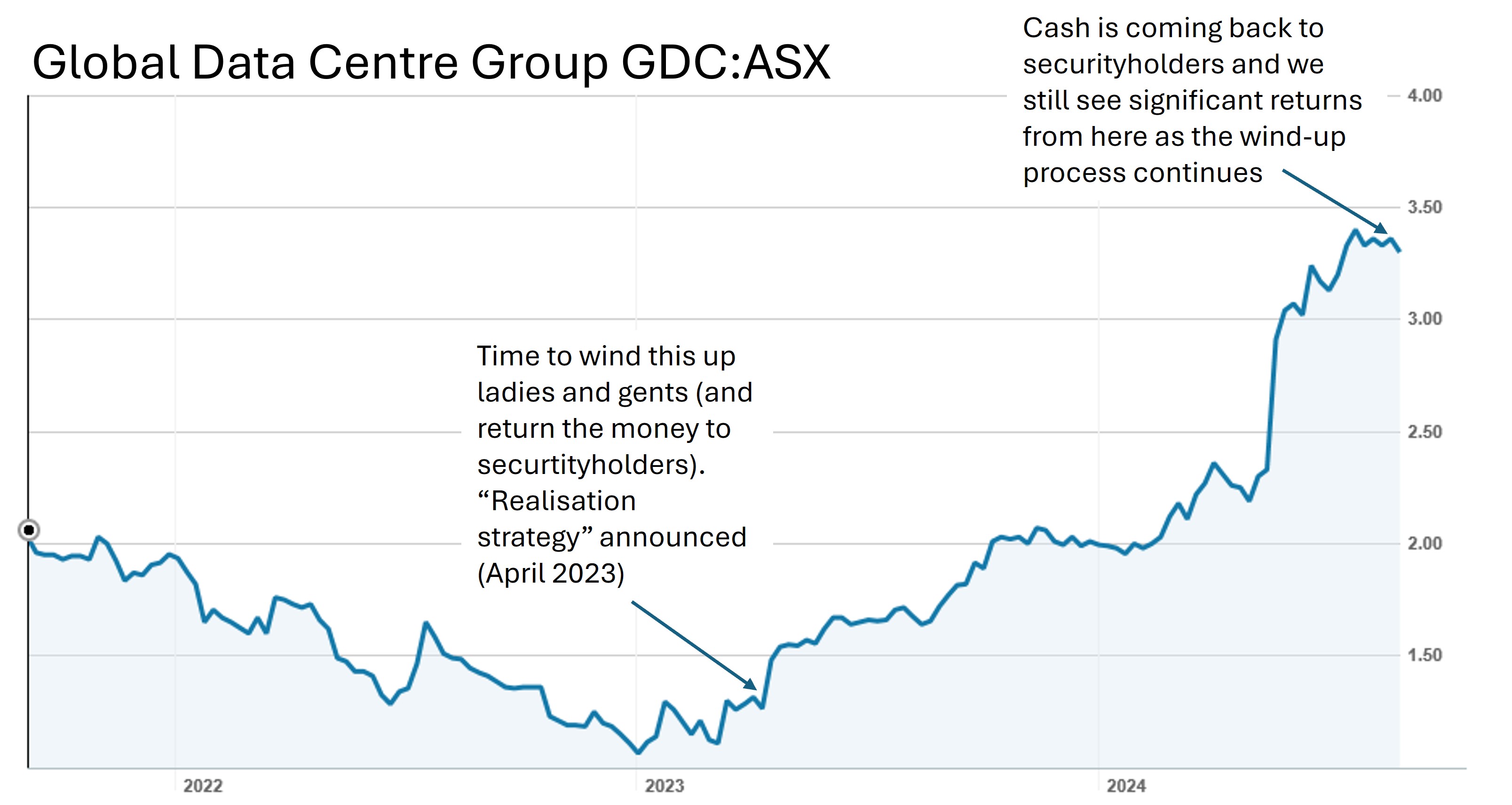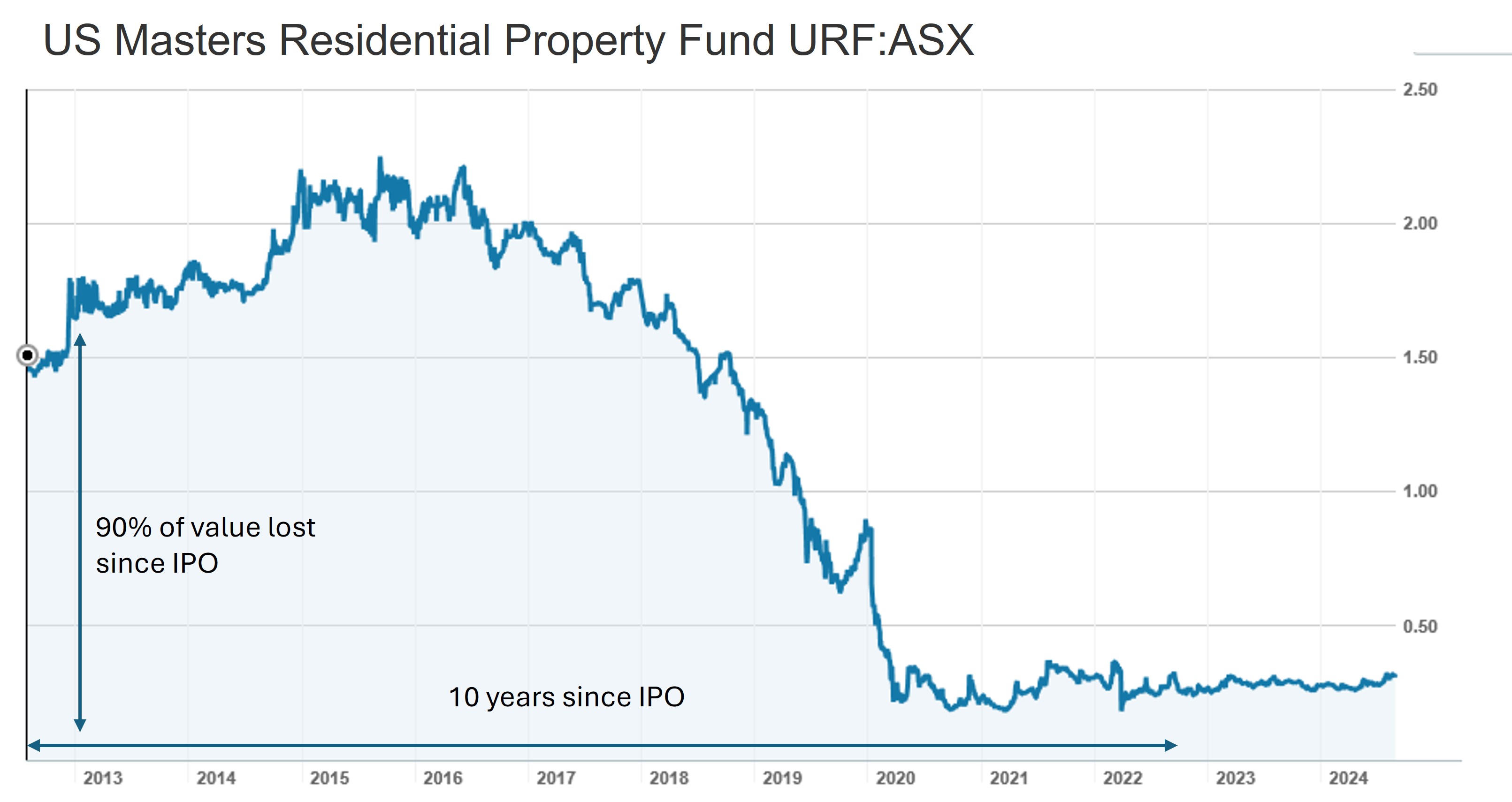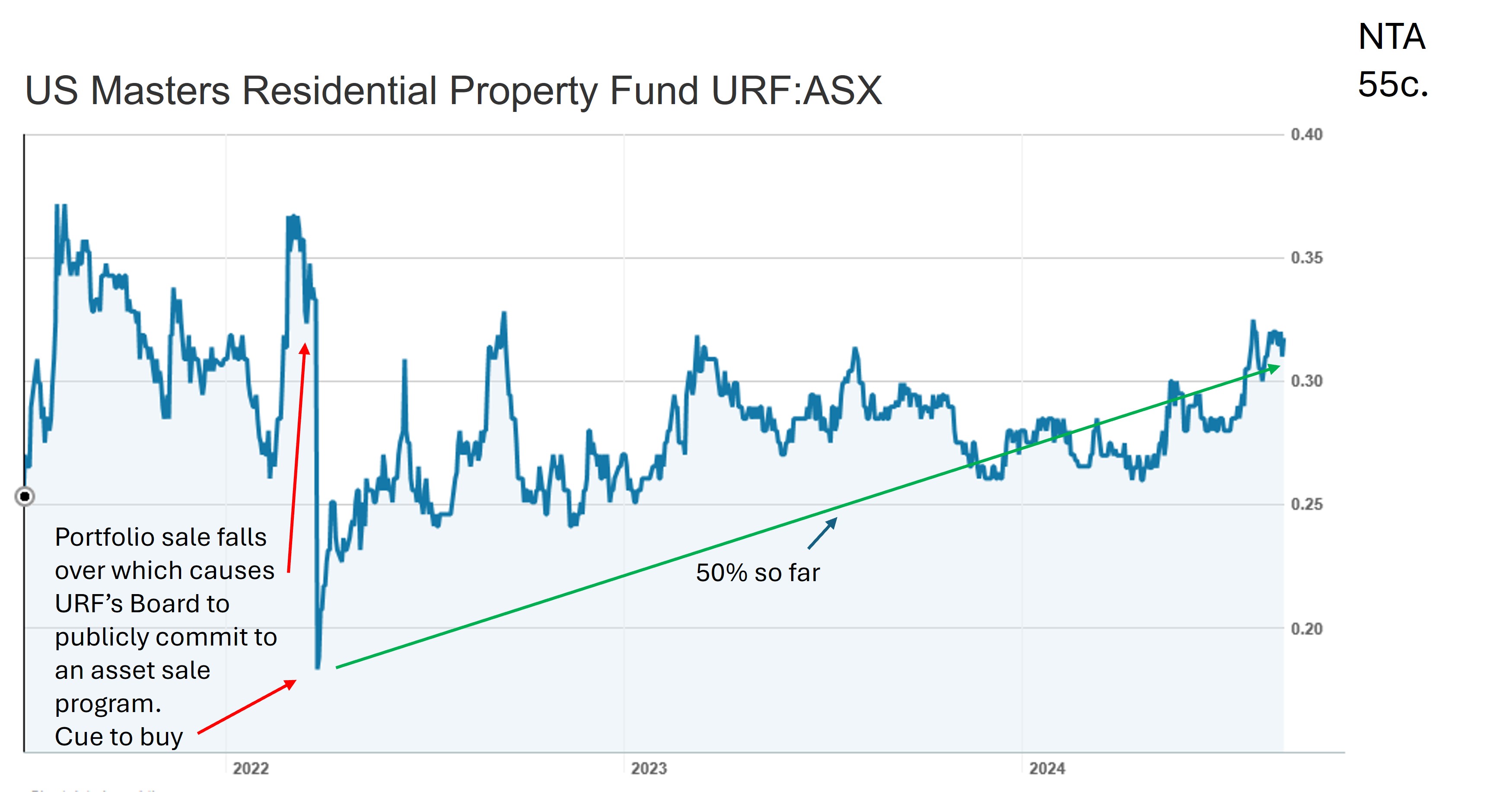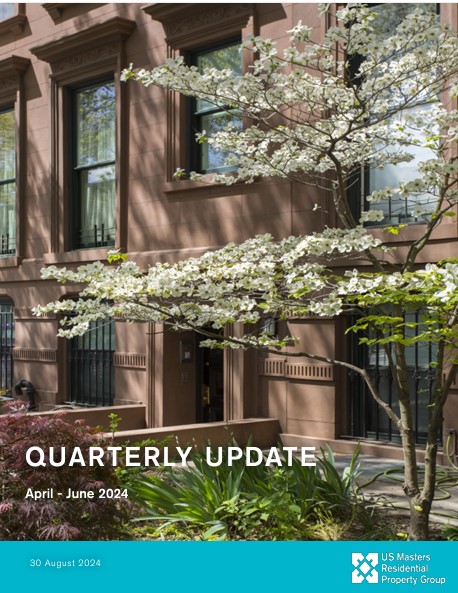Why the property sector is so good for liquidations and wind-ups (and 2 current wind-ups on the ASX)
An oft used expression in Australia is our ‘love affair’ with property. Like it or not, it’s true.
One thing I’ve learnt from 25 years in investment management is that investors are always hungry for the latest new thing in property investment.
Time and time again investors will get swept up in the elixir of various forms of combining physical assets and new ways of either using them or packaging them up.
Unfortunately that doesn’t always go great.
It’s not necessarily that the idea was bad, sometimes it’s that the vehicle was under-resourced, or the manager was too ambitious; it was too niche, a hot theme at the wrong time, poorly structured, rudderless, or a in a market where the sand shifted, metaphorically, under the foundations of the vehicle.
There are situations where unfortunately equity investors end up with nothing (or next to it) such as Record Realty (FBI buildings in Portland and Pittsburgh anyone?), Centro and its US strip malls or maybe a shopping centre in Vienna via the APN Vienna Retail Trust.
However there are also great opportunities where the managers of property vehicles (whether they be externally or internally managed) have been ‘encouraged’/forced to pursue a strategy of winding up a vehicle via the sale of assets and returning the proceeds to shareholders/unitholders. For the most part there are always buyers of real estate……at a price.
Two good wind ups in the market at the moment
Global Data Centre Group (ASX: GDC) – Market Cap: $248 million
In April 2023 it was announced that Global Data Centre Group, formerly 360 Capital Digital Infrastructure Fund, would cease to pursue growth and would instead “pivot to a realisation strategy”.
In our vernacular that’s called a wind-up or liquidation, and when that type of strategy is publicly announced it jumps into our mandate and becomes a possible investment (note: while approximately 90% of our investments are Merger and Acquisitions Arbitrage investments, around 10% on average are other corporate events including liquidations/wind-ups, asset sales, conversions, redemptions/buy-backs, capital returns, spin-offs/demergers).

Global Data Centre Group kicked off this realisation strategy with the sale of their data centre in Perth for $40m, then they sold their European Data Centre platform investment for $175m ($2.26 per share) and lastly they will crystalise their shareholding in Airtrunk (as part of the ginormous $24bn agreed sale to Blackstone).

The net cash from those asset sales is coming back to securityholders and our expectation is the company will then be de-listed.
Our assessment of the cash return profile is confidential; however our base case scenario should still result in significant returns over the remainder of the wind up for our investors.
Should those cash returns to securityholders come in sooner or in bigger increments the IRR on those securities will naturally rachet up.
US Masters Residential Property Fund (ASX: URF) – Market Cap: $247 million
In 2012 (how time flies) Evans Dixon launched a property trust where one of the Dixons would go marching around New York with a merry band of carpenters, sparkies and plumbers, buying up brownstones, renovating them, and installing new tenants for higher rents.

Sounds good right? Wrong.
Stock ended up losing just shy of 90% of its value over what I’m sure was an excruciating 10 years (2012-2022) for original buyers of the IPO in 2012.

That was until the manager was ‘encouraged’ by unitholders to pursue liquidation (2022).

Since then the stock is up over 50%. Hurrah for liquidations (and the ability one gets in the public markets to get access to them).

It was only after the portfolio sale fell over in March 2022 that the Board of Directors publicly committed to a sell down program. Upon this announcement we began buying. We assess that there is still plenty more left in this liquidation. The publicly disclosed Net Asset Value estimate is 55c (versus last trade as at writing of 35c), and considering they have over 400 residential properties, which they are selling in the open market, that NTA (after many years of adjustment) has credibility with an adequate margin of safety.

Lastly there is an old saying in property about debt: “Debt can make a good deal better, but debt can never make a bad deal good”.
Debt is the cattle prod that most real estate managers will painfully feel in their ribs at some point in their career.
Like most property trusts URF has various forms of debt. The main facility has an expiry in 2026 (and the existing, expiring, facility has a very favourable rate locked in many years ago).
2026 is not that far away. For unitholders in URF that debt is a pendulum axe (or a laser beam) swinging overhead the management team in our favour.

REITs on the ASX under $500m market cap
We don’t invest in ‘might be wound up’ companies.
That’s more akin to value investing and there are plenty of people doing that.
We are hard catalyst investors.
Nevertheless I thought I would tabulate a non-exhaustive list (sorted by market cap) of REITs listed on the ASX with market caps between $50m and $500m AUD.
That range doesn’t have any particular significance apart from the fact that lack of scale and shareholder desire for change do run hand in hand to a degree. Even more so if there are significant discounts to NTA as is the case with many on the list below.
| Code | Name | Market Cap AUD |
| ASX: APZ | Aspen Group | $456m |
| ASX: DXC | Dexus Convenience Retail REIT | $412m |
| ASX: CDP | Carindale Property Trust | $380m |
| ASX: REP | RAM Essential Services Property Fund | $356m |
| ASX: GDI | GDI Property Group | $355m |
| ASX: GDF | Garda Diversified Property Fund | $254m |
| ASX: AOF | Australian Unity Office Fund | $201m |
| ASX: EGH | Eureka Group Holdings | $199m |
| ASX: ECF | Elanor Commercial Property Fund I | $195m |
| ASX: WOT | Wotso Property | $112m |
| ASX: TOT | 360 Capital REIT | $90m |
Many of these companies are already right in the midst of corporate jostling, such as:
- APZ’s failed takeover of EGH resulting in APZ being EGH's largest shareholder
- AOF in wind up
- Lederer Group becoming the largest shareholder in ECF
Others have significant ‘parent entity’ blocking stakes, however that as an impediment is not unsolvable.
We’ll be keenly awaiting the next takeovers or wind-ups in the sector that may eventuate over time.
5 topics
13 stocks mentioned

